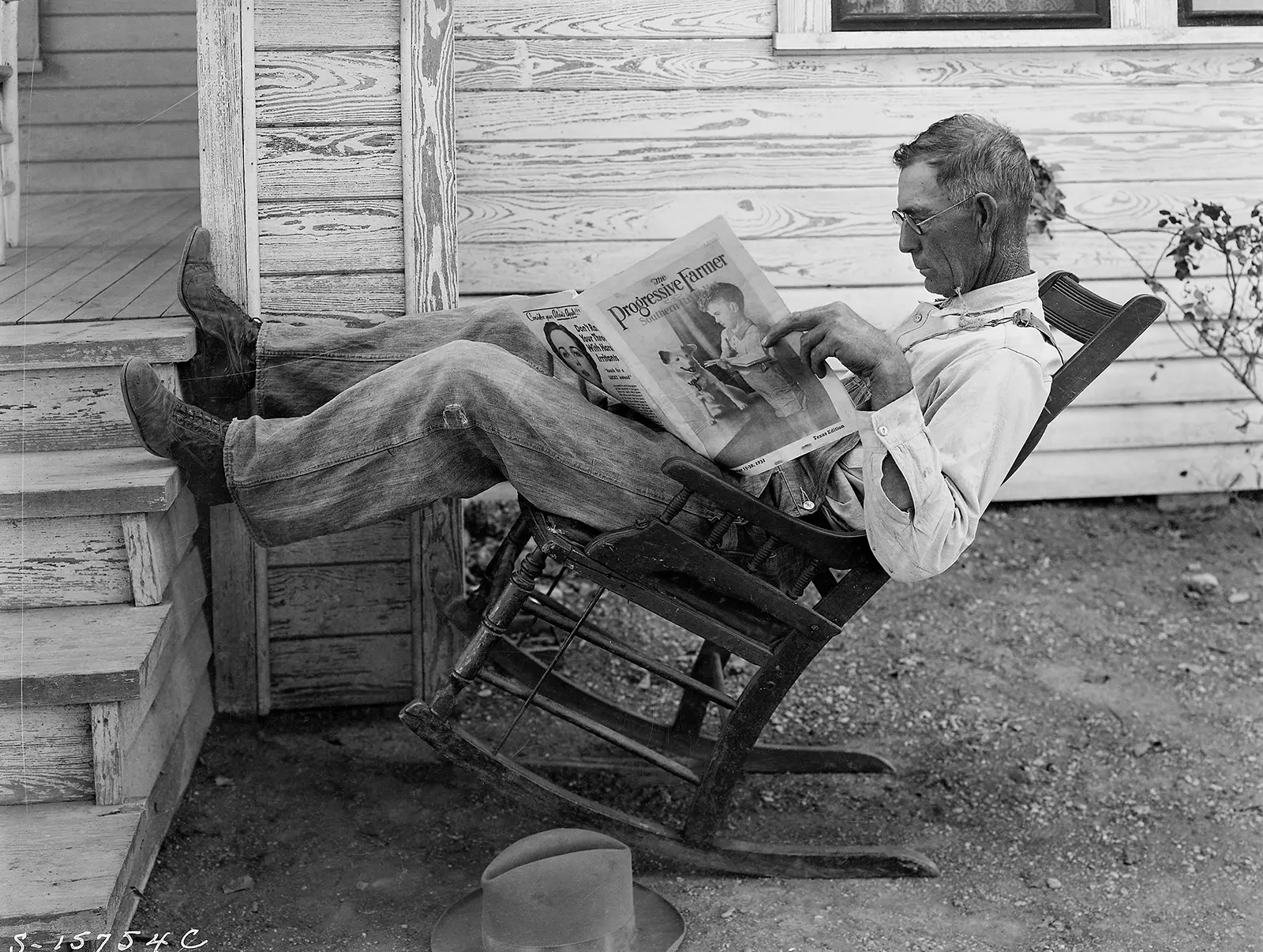“In Bellingham Classroom, No Screens Allowed, but Ancient Greek Required.” Charlotte Alden profiles the fascinating school that the brilliant Donald Antenen has started in his hometown: “In a small office in McKenzie Alley, 10 teenagers gather twice a week to write essays on paper and read classic works of literature. They leave their cell phones in a basket at the doors, and computers are nowhere to be found. The students are part of the Fairhaven Program, which Donald Antenen formed in 2024 to challenge the teens by teaching them Ancient Greek, local history and math from its original texts. It’s a two-year classical program targeted toward homeschooled high school students, Antenen said. They also take on independent projects — students this year are looking to record an album, film a survival documentary and write a draft of a book.”
“The Necessity of Pruning Our Busy Lives.” Estee Zandee writes a very Porchy essay about cultivating local community and tending the ecology of our relationships: “Connection wasn’t the issue. I regularly chatted in six family group texts. My work notifications were endless. My sisters and I daily shared Instagram reels from comedians, fascinating tidbits from historians, and life hacks from influencer moms. FaceTime kept my sons connected with grandparents and cousins we didn’t see often. Online, I struck up light-hearted relationships with authors and artists I liked. Much of this is the same still. Yet something was still amiss. My phone, this little link with a world bigger than I knew what to do with, wasn’t enough to keep me grounded, human, belonging. On the contrary, this neighborhood group of women was a terrible book club, but it was an incredible community.”
“A Group of Us Ditched our Smartphones for a Month. It Changed Us.” Brittany Shammas reports on her experience going through Month Offline’s program to help people wean themselves from their smartphones: “Each morning, I awoke to the sound of my baby over the old-school monitor that I now owned. Then I gave him a bottle without so much as a glance at a screen. The worst I had ever felt about my old phone habits was when I looked up from scrolling to find my little boy watching me, lighting up at having attention returned to him. Now I had nothing to look at besides his big blue eyes.”
“Sage Against the Machine.” Michael Hanby recognizes that Paul Kingsnorth’s new book isn’t trying to provide an academic intellectual genealogy of the machine but, instead, to articulate its mythos of the machine and imagine alternatives: “Which is to say that the weakness of Against the Machine is also its great strength. The depth of Kingsnorth’s vision is a function of its breadth, which is breathtakingly vast and which one really cannot summarize without omitting something essential or defiling its beauty. Against the Machine is like a poem in this respect; its meaning cannot be separated from its execution.” (Recommended by Aaron Weinacht.)
“Restoring the Moral Economy.” Paul Kingsnorth shares the talk he gave at the Berry Center last week.
“Can the Humanities Be Saved?” Anastasia Berg interviews Jennifer Frey about how universities might foster a genuine liberal education: “the crisis of the humanities cannot be solved until general education is fixed, and general education should be unapologetically liberal in the strong sense of an education that befits a free person and citizen. We can talk about what that sort of education might entail, but I think we need to go back to the origins of that way of speaking—that there was a difference between a liberal and a servile education. And what marked off a liberal education was that it’s an education that is not yoked to some specific trade or line of work but just makes you free.” (Recommended by Adam Smith.)
“Environmentalism on a Human Scale.” Allan C. Carlson imagines a humane approach to caring for the land in a changing world: “while he commendably argues that ‘the commons should be privatized to the fullest extent possible,’ he also praises the ‘Ecomodernists’ who endorse ‘large-scale agriculture’ and ‘resource extraction’ on a mega-capital scale. The human model here seems to be billionaires, each owning several million acres of Montana or Wyoming land, and corporations employing technologically advanced machines in place of human labor. I much prefer strategies and incentives that would enhance land and resource ownership by ‘smallholders’ of ‘the middling sort.’ Given the opportunity and the proper incentives, they too can be good stewards of the environment. This was the republican model favored by the nation’s Founders, and one still relevant to our time.”
“Why We Need Christian Anthropology and Epistemology in the Age of LLMs.” Josh Pauling lays out the task that AI sets for us: “LLMs are forcing us to grapple with deep anthropological and epistemological questions. What does it mean to be me—the unique person that is me—when LLMs reduce all things, including humans, to strings of words and images loosed from the surly bonds of objective reality?”







